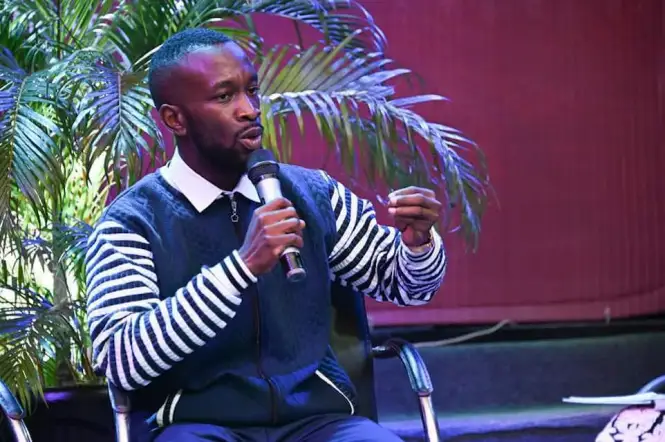The Nigerian crypto community praised Europe’s Crypto Asset Regulation (MiCA) stablecoin rules as a positive development and emphasized the importance of prioritizing the interests of jurisdictions regarding crypto projects to protect local currencies. Nigerian data and policy analyst Obinna Uzoije shared his thoughts in an interview about what the Economic Community of West African States (ECOWAS) can learn from Europe’s MiCA.
Notable Statements from a Prominent Figure
Uzoije highlighted that stablecoin projects are currently the most prominent use case for crypto assets. According to him, especially in Africa, more transactions are conducted using stablecoins compared to other crypto assets. Given this context, MiCA’s stablecoin law, which will come into effect on June 30, becomes a significant milestone for crypto asset regulation in Europe and potentially beyond.
This regulation, which has no transition period, requires issuers and other entities to obtain a MiCA license to publicly offer or trade asset-referenced crypto assets or stablecoin projects within the European Union. According to Uzoije, Nigerian President Bola Tinubu’s current leadership in ECOWAS provides the organization with an excellent opportunity to develop a regulatory framework for crypto projects.

Details on the Matter
In some ECOWAS countries like Sierra Leone, there are strict or outright bans on cryptocurrencies. The general regulatory framework in ECOWAS’s 15 member countries can help alleviate these restrictions. A unified regulatory framework for all ECOWAS member countries will provide the needed clarity for potential crypto investors. Uzoije suggested that ECOWAS-specific rules would simplify investments among member states and eliminate the need to comply with multiple national regulations:
“This could attract more investors by eliminating regulatory uncertainty, one of the significant global disadvantages of crypto investment.”
Uzoije noted that Nigerian authorities have highlighted money laundering as a significant issue with Binance in the ongoing dispute. ECOWAS can enhance the fight against money laundering by establishing a unified regulatory framework among member states. According to Uzoije, this step will facilitate the tracking of money laundering activities conducted by crypto assets within ECOWAS.









